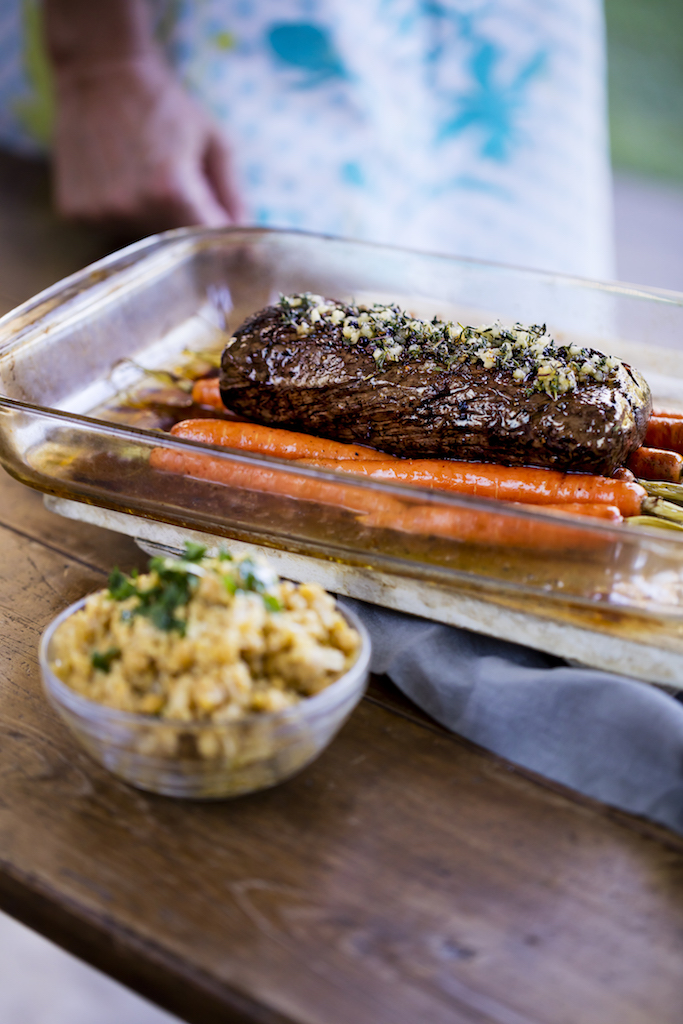What is zinc and why is it so important to our health?
Zinc is an essential mineral and cofactor for more than 300 enzymes and proteins helping to protect the body against oxidative stress. Zinc is also necessary for DNA and RNA synthesis, immune function, wound healing, sense of taste and smell, insulin sensitivity and helps to regulate the secretion of neurotransmitters responsible for our mood. As you can see, adequate zinc is imperative for overall good health!
Sings of zinc deficiency can include poor appetite, brittle nails, low immunity, delayed wound healing, diarrhoea, depression and acne, amongst other signs.
If concerned, zinc levels can be tested via a blood test.
How much zinc do we need?
According to the Nutrient Reference Values for Australia and New Zealand, the recommended dietary intake for adults is:
Men
19-71+ years = 14mg/day
Women
19-71+ years = 8mg/day
Food Sources of Zinc
Its important to note that zinc binds to protein so the amount of protein in your diet will influence your ability to absorb zinc and absorption is greater from a diet high in animal protein vs plant protein. This means plant based eaters need to be mindful of consuming adequate zinc as their requirements are higher, especially if a lot of foods containing phytates are consumed ie wholegrains.
Here are some common food sources of zinc and approximate zinc content:
Beef & lamb
Beef and lamb are two good sources of zinc and likely how most people get their zinc intake. In fact, 100g of red meat will provide around 4.5mg of zinc. As a comparison, 100g of chicken has around 2.5mg zinc, so also a good source, if you prefer white meat.
Tofu
If you consume a plant-based diet and rely on tofu as a source of protein, you are in luck because tofu also contains zinc. A 150g serve has approx. 3mg of zinc. Pair this with some pumpkin seeds and wholegrains for a zinc rich meal!
Dairy
Natural yoghurt is not only a good source of calcium but also zinc. A normal serving size of 200g has around 1.7mg of zinc. Similarly, 1 cup of milk has approx. 1mg zinc. Therefore, adding yoghurt and milk alongside some seeds to a smoothie, is a good way to boost zinc intake in the morning.
Egg yolks
Two egg yolks contain around 1.6mg of zinc, which means eating some scrambled or poached eggs at breakfast time, can get you a head start on your daily zinc intake. If you aren’t a savoury breakfast eater, try boiling some eggs at the start of the week and adding them to salads or wraps as your protein of choice or simply snack on in-between meals.
Oysters
When talking about zinc, oysters must get a mention because they are well known for their zinc content. In fact, around ½ dozen oysters has a whopping 76mg zinc, far exceeding our RDI.
Sunflower and pumpkin seeds
Pumpkin seeds are commonly cited as a source of zinc and for good reason – ¼ cup contains 2.3mg of zinc. Similarly ¼ cup sunflower seeds has around 1.7mg. To add more seeds to your diet, snack on a handful, sprinkle on salads or stir-fry’s or grind up and add to smoothies or oats at breakfast time.
Chickpeas
Chickpeas are another plant-based source of protein, which also contain zinc, around 1.3mg per ½ cup. Chickpeas made great additions to salads, curries, stir-fry’s or made into a yummy hummus dip!
Wholegrains
Wholegrains such as brown rice have around 1.3-2mg zinc. Phytates in wholegrains can bind to zinc so be mindful of making sure to get a wide variety of zinc sources, to minimise any lack of absorption.
